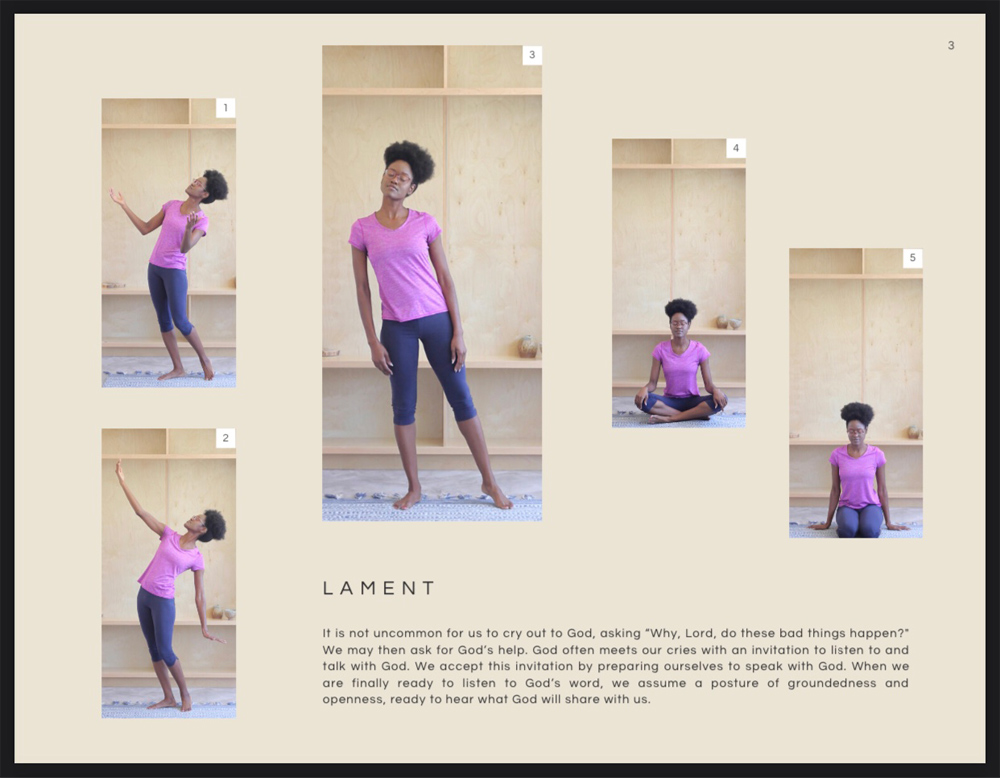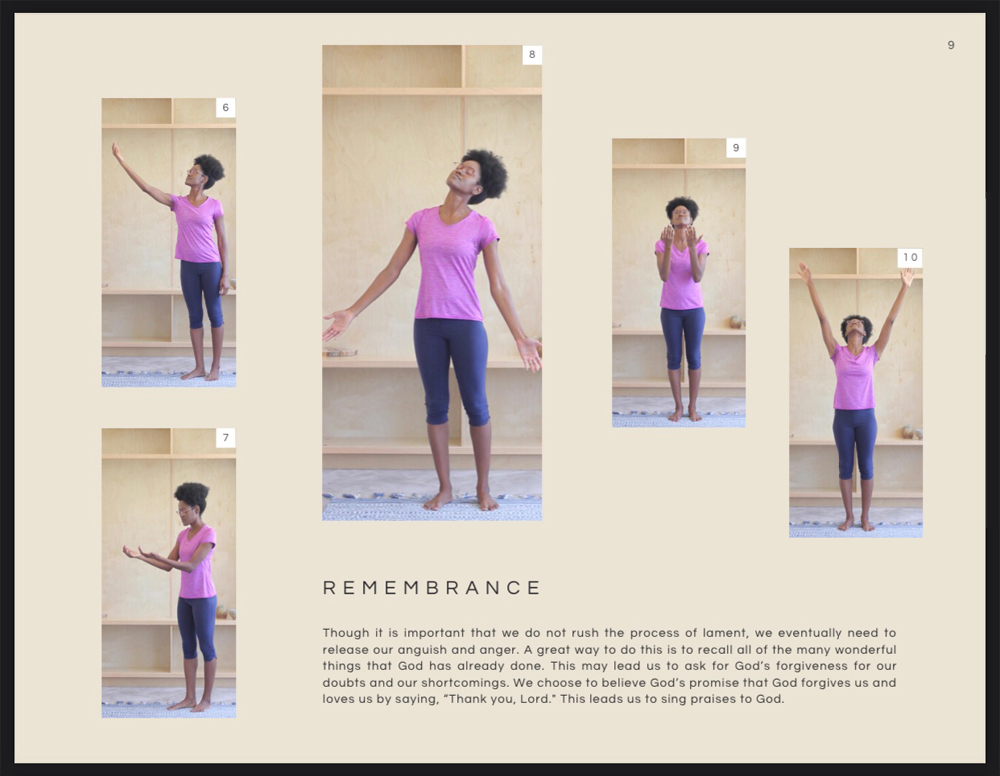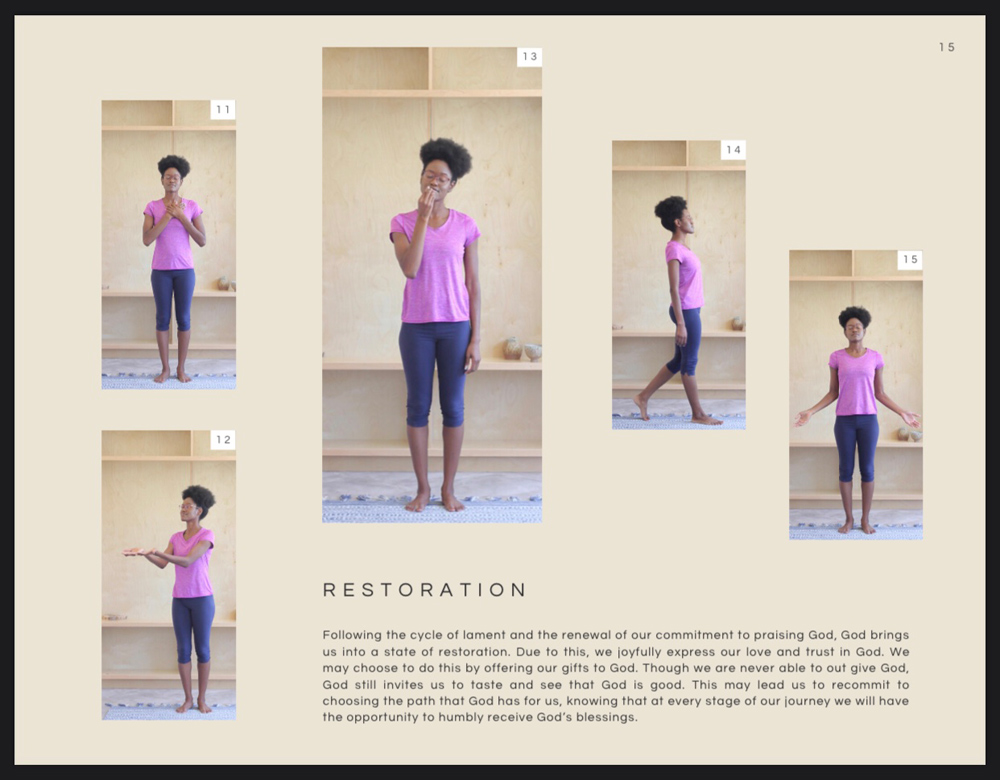avigating the tender dynamic between body image, physical and mental exercise, and health within black women, Rachel L. Boutte, from Virginia Commonwealth University, explored this subject through her study, “Black Women and Body Image: Implications of the Racialized Body Aesthetic.” The results of her research found that “not only do Black women suffer from body image dissatisfaction but because of gendered racism, body dissatisfaction is central to understanding Black women’s physical and emotional wellbeing”
As based on Psalm 139:14 that we are fearfully and wonderfully made, the exploration of our physical and emotional wellbeing through our body image and relationship to faith and health are intrinsic.
Taylor continues, “we humans are masters of distraction, using makeup, weight loss, and a finely curated self-image to avoid being present to our fears, even as they build blockades around our most potent desires” (p. 47).
Transitioning from the dynamic of self-hate and distractions to radical self-love, Taylor invites readers and practitioners to shift gears and lean into the pronouncement of our goodness. Going against our bodies’ constant rejections and disapproval, Scripture, meditative practices, and full-body engagement exercises create a necessary space to explore and practice this physical and emotional well-being.



Beautifully, in the process of embodying goodness, reading the Psalms provides space to grieve the complex trauma of body-image conflict, remember that we are fearfully and wonderfully made, and move forward into the internal and communal restoration of our bodies.
“Made in God’s image” reminds us that we are well-equipped to continue our self-love, faith, and health journey.